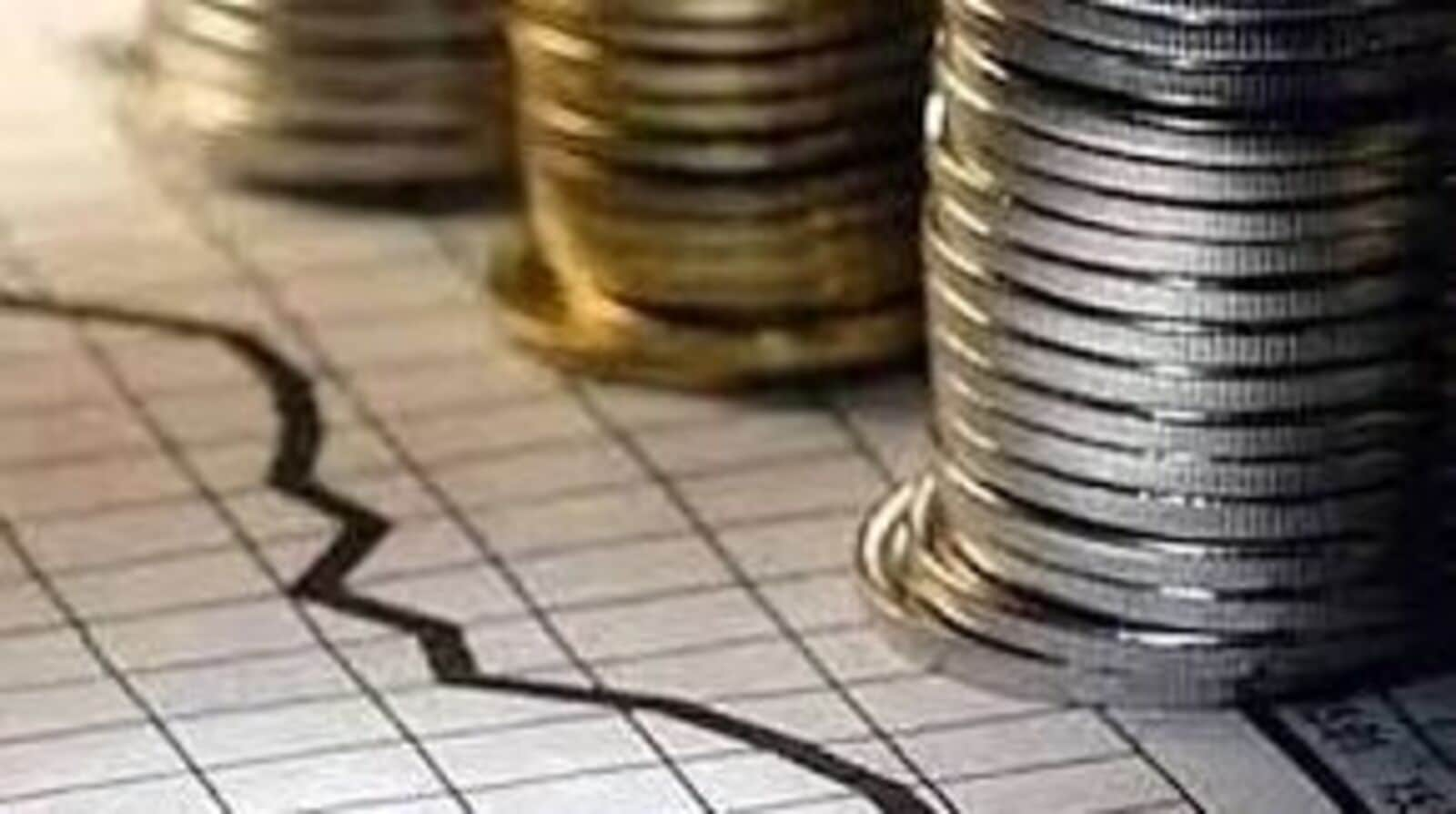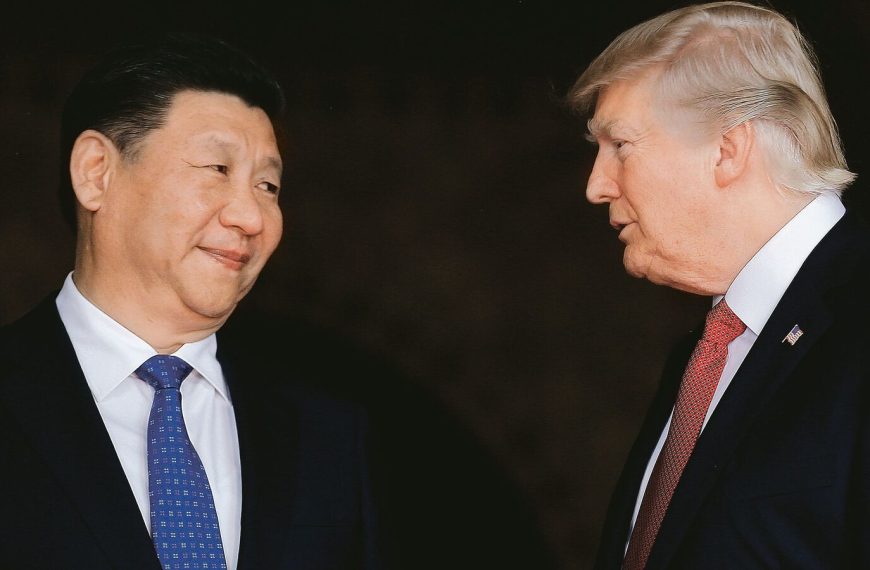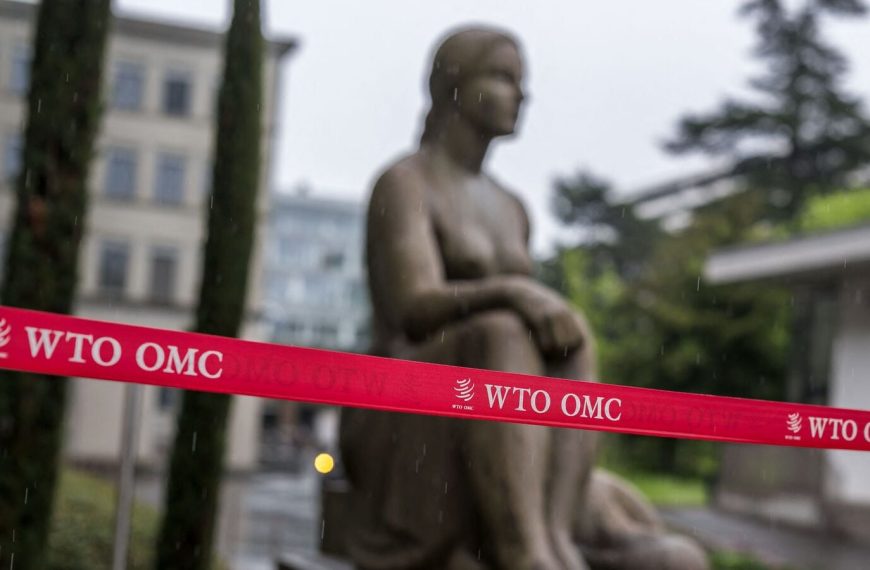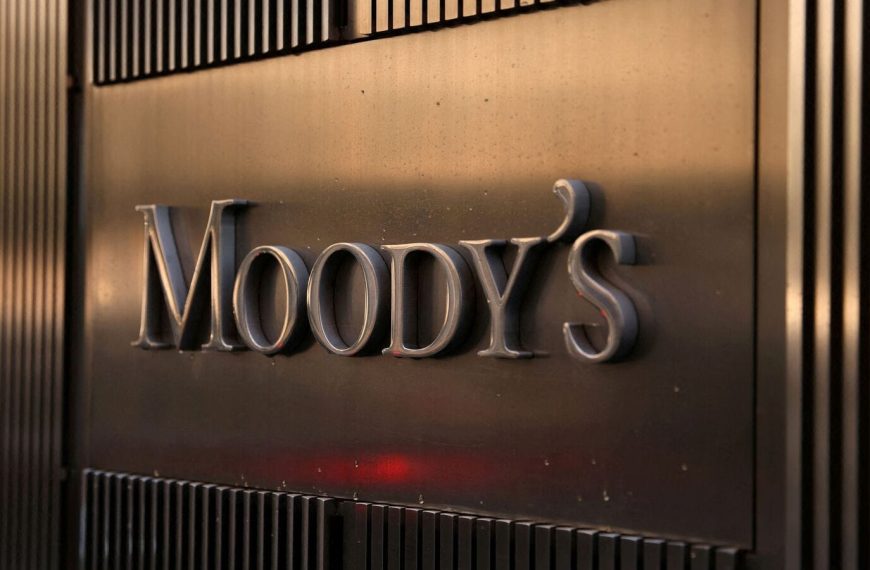In recent months, the yields on domestic debt in Kenya have shown a noticeable decline, signaling changing trends in the country’s financial landscape. For instance, the 91-day Treasury bills hit a low of 8.79% during the latest auction on March 27, a significant drop from 15.7% recorded in September. Similarly, the yield on 364-day debt has decreased to 10.4% from 16.8% last year, reflecting a shift in investor sentiment.
High Demand for Short-Term Government Debt
Despite the falling yields, the appetite for short-term government debt remains robust. Yusuf Omari, Chief Finance Officer at Absa Bank Kenya Plc, reported an impressive over-subscription in recent auctions, with one auction exceeding 200%. “Current trends indicate that as we look forward, there may be a shift toward customer loans rather than solely focusing on government securities,” Omari noted, highlighting an evolving preference in the market.
Economic Challenges Impacting Consumer Demand
As we navigate through 2023, consumer spending is expected to be restrained due to lower disposable income and increasing tax burdens, according to Omari. This economic backdrop has led the Equity Group Holdings Plc, Kenya’s largest lender by market capitalization, to boost its government securities investments by approximately 21%. However, it concurrently reduced net loans to customers by nearly 6%.
Strategic Moves by Major Banks
In a contrasting strategy, Standard Chartered Bank Kenya Ltd. has reversed its previous stance on government securities, opting to increase its holdings by about 46% year-on-year, while also witnessing a 7% decrease in customer loans. “Lazy banking has returned,” remarked Sylvester Odhiambo, a research analyst at Dyer & Blair Investment Bank, alluding to the cautious approach banks are taking.
Future Outlook for Banking Sector
Looking ahead, banking activities are likely to pivot towards corporate clients, as noted by Melodie Gatuguta, an associate banking analyst at Standard Investment Bank. “With the high cost of living, retail borrowers are facing significant challenges,” she explained, suggesting that the retail sector may still be navigating rough waters.
Despite these developments, central bank data indicates that banks’ overall share of the market for domestic government securities has remained relatively stable at around 45% since mid-2023. This stability amidst shifting investment strategies highlights the complexities within Kenya’s financial environment.
For more insights on the Kenyan banking sector, you might explore our financial analysis section or check out current government bond rates.











